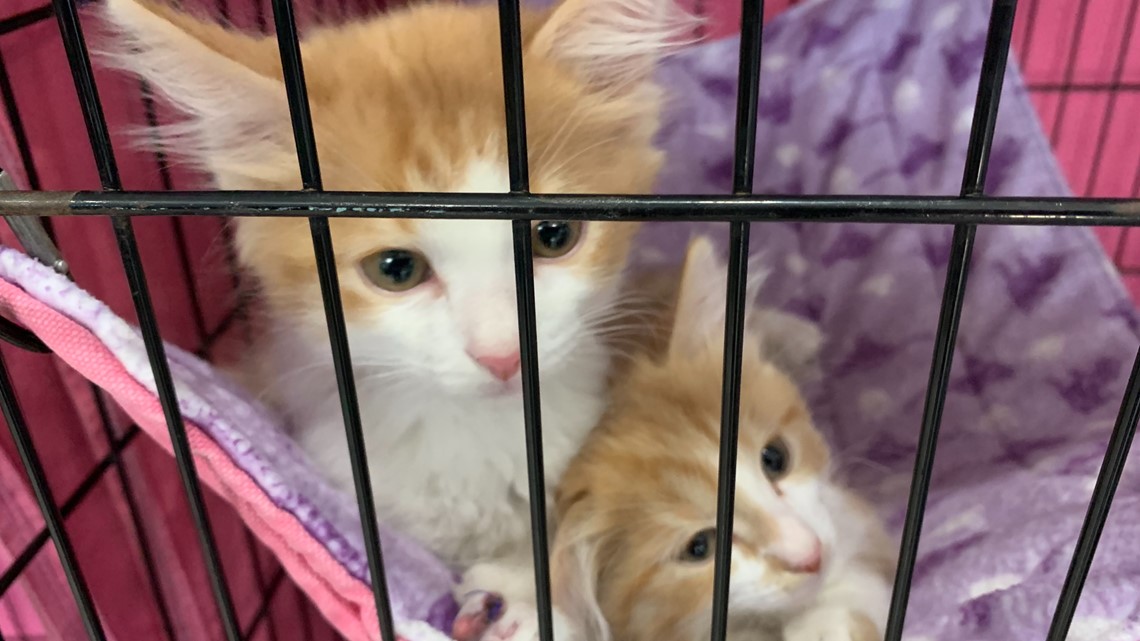INDIANAPOLIS — During the pandemic, many families bought pets to add some companionship and joy to their stay-at-home life.
Months later, some of those "pandemic puppies" aren't as friendly and happy as they once were.
In short, a dog’s life isn't what it used to be. "Bing" is about to find out. His owners and playmates Caleb and Drew are going back to work and back to school.
"Since we've had him, he's never been home alone, so it's going to be a big adjustment," Caleb Larson said.
"He's anxious," Drew Harris explained. "He's taken the finishing off our doors before and we are renting. We don't want him to destroy our doors."
Another pandemic pup owned by a friend of mine, the mild-mannered Chole, left alone tried to chew her way out of the laundry room. The damage may cost hundreds of dollars to repair.
Young dogs who have been the center of attention all their lives suddenly find themselves home alone and experiencing separation anxiety.
"A lot of dogs can get separation anxiety and it's that fear of being alone and not knowing when someone is coming back," explained Stephanie Foerder, the lead adoption counselor for Indy Humane. "There is a great scale of separation anxiety. Some of it could not be super terrible and a lot of times it could result in destructive behavior."
Behavior like chewing, barking, urinating, biting and jumping.
To minimize that behavior, experts recommend to start out leaving your dog alone for short, but ever-increasing, periods of time or consider making your pet comfortable in a cage-like crate.
"You want to create the crate as their bedroom safe space, so you don't want the dog to fear the crate or ever go as a punishment," Foerder said.
A supply of chew toys, frozen treats and lots of exercise are also on the to-do list.
"Exercise is a huge thing," she said. "When your dog is tired and mentally exhausted, you are not going to have a destructive dog."


According to Foerder, cats typically don't experience much separation anxiety.
Adjusting a pup's behavior takes time. So weeks before you go back to work, start working on your pal's home alone attitude.

